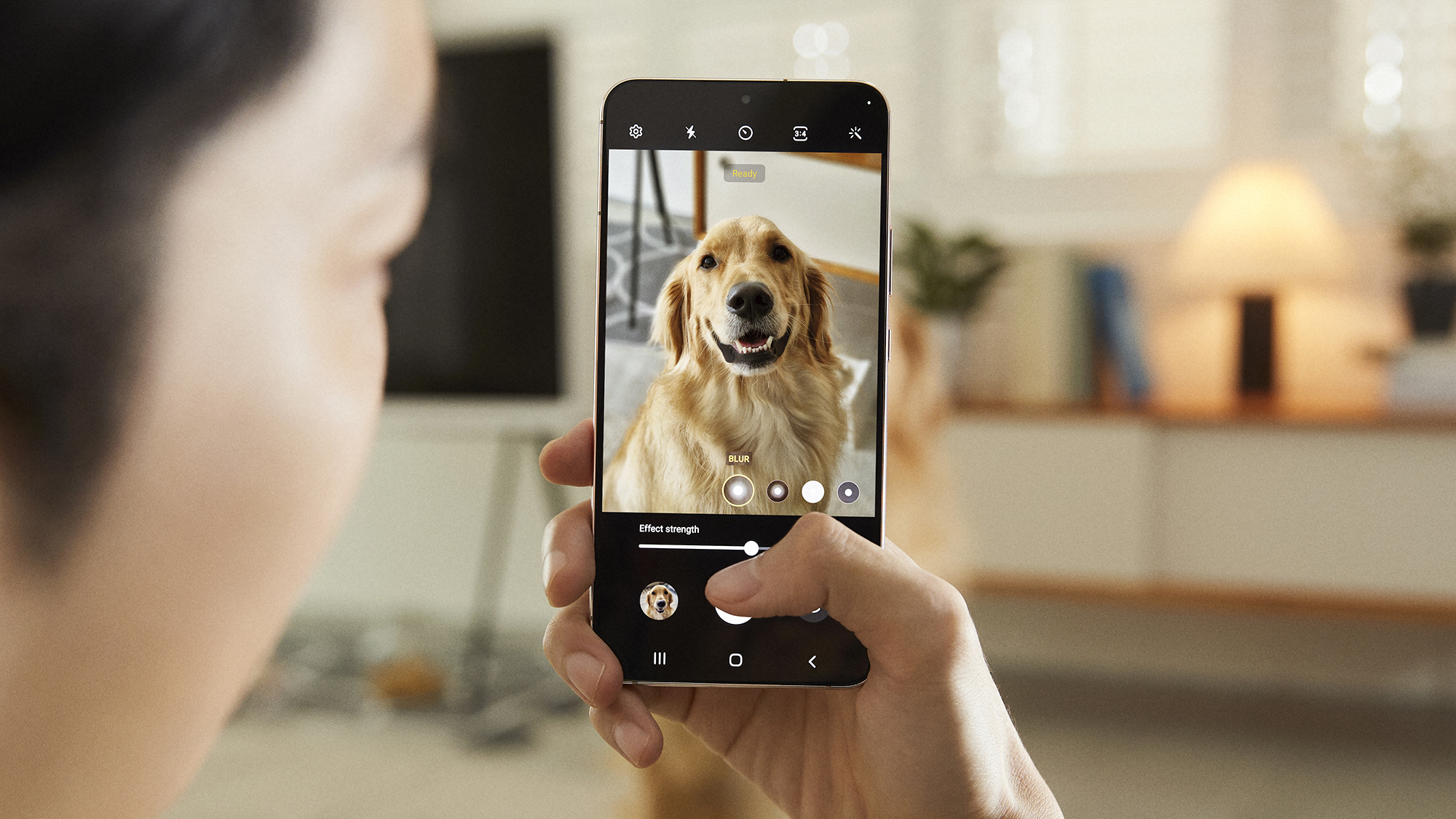

The best Android phones are brilliant, but unfortunately in our modern, hyper-connected world they're also a bit of a pain to keep safe.
It's all complex-password this and two-factor-authentication that and all kinds of electronic housework to free up storage and get the most from your phone's battery.
And because we're only human, sometimes we do things we know we shouldn't, or we don't do things we know we should. Well, here are five common mistakes (almost) everyone on Android is likely to make. And we know because we've made them ourselves!
1. Being lazy about passwords and patterns
I know, I know. Coming up with unique, complex passwords and un-obvious unlock patterns is a pain, and it's tempting to go for the easy option just now because you're in a hurry and you'll absolutely, positively, definitely come back and swap it for something much more complex later. But you won't, and that means you've got an easily hackable (and often, easily guessable) entry into that app or service. And if you've reused the same password across multiple sites, that's massively increasing the damage a data leak can do.
2. Not reading the permissions
Android's app permissions are there to show you exactly what an app might be doing, and you can use that information to ensure your privacy is protected. That's the theory, at least. But mostly app permissions are a thing you swipe or tap past while going "yeah yeah yeah" because life is short and you have things to do. But far too many apps ask for far too much permission, often for features such as accessing the mic or the camera when they have absolutely no need to do so.
The risk here isn't so much that the app developers might go wild and start spying on you for no good reason. It's that if the app is compromised, you've given somebody unknown the keys to your Android phone.
3. Letting too many apps run in the background
Apps run in the background – that is, when you're not actively using them – for all kinds of reasons. Your smart lighting app might need to know where you are so it can turn the lights on when you're heading home. Your messaging app might need to see if you have new messages. And that's great, but the more apps that are doing it, the more energy you're using and the less battery life you're going to get. If you often install apps but don't clear them out so often, you might have things going on that you didn't even know you still had on your phone.
Sign up to the T3 newsletter for smarter living straight to your inbox
Get all the latest news, reviews, deals and buying guides on gorgeous tech, home and active products from the T3 experts
To see what's running in the background, go to Settings > System Developer Options (if you don't see the option, go to About Phone and then tap Build Number seven times to enable it). Now tap on Running Services. This shows you not just what's running, but how long it's been running and how much memory it's consuming. For energy usage, go to Settings > Battery > Battery Usage.
4. Trying to get accessories on the cheap
Official accessories are often very expensive, and now that many of the best phones don't come with any at all – officially for environmental reasons, but also because it's cheaper for the manufacturer – it's tempting to go online and buy the cheapest possible version from a brand you've never heard of instead of going for the official charger or one from a reputable accessory brand. But that can be a false economy, especially with the faster, more powerful chargers that today's more powerful Android phones use: if a charger hasn't gone through the same certification and safety hoops as the official ones, it could be a fire hazard. I stopped buying cheap charging cables after one got so hot it burnt my hand.
Other accessories aren't so frightening, but that doesn't mean they're great either. Be particularly careful if you see some of the best wireless earbuds going cheap: fakes are a huge problem in the electronics industry and some of them are very convincing indeed. I had to send back a set of Sonys not so long ago that were so convincing it was only when I actually listened to them that I realised I'd been had.
5. Not backing up our stuff
Hands up if you just let your photos go to Google Photos and don't also back them up elsewhere. That's not ideal: if for whatever reason you lose access to your Google Account or your account details get compromised, you could lose precious memories. I use cloud photo storage on my phone but I also have duplicates on my computer, and those duplicates are then backed up to an external drive. It might sound like overkill but think about what you could lose in the event of disaster.
Writer, musician and broadcaster Carrie Marshall has been covering technology since 1998 and is particularly interested in how tech can help us live our best lives. Her CV is a who’s who of magazines, newspapers, websites and radio programmes ranging from T3, Techradar and MacFormat to the BBC, Sunday Post and People’s Friend. Carrie has written more than a dozen books, ghost-wrote two more and co-wrote seven more books and a Radio 2 documentary series; her memoir, Carrie Kills A Man, was shortlisted for the British Book Awards. When she’s not scribbling, Carrie is the singer in Glaswegian rock band Unquiet Mind (unquietmindmusic).
-
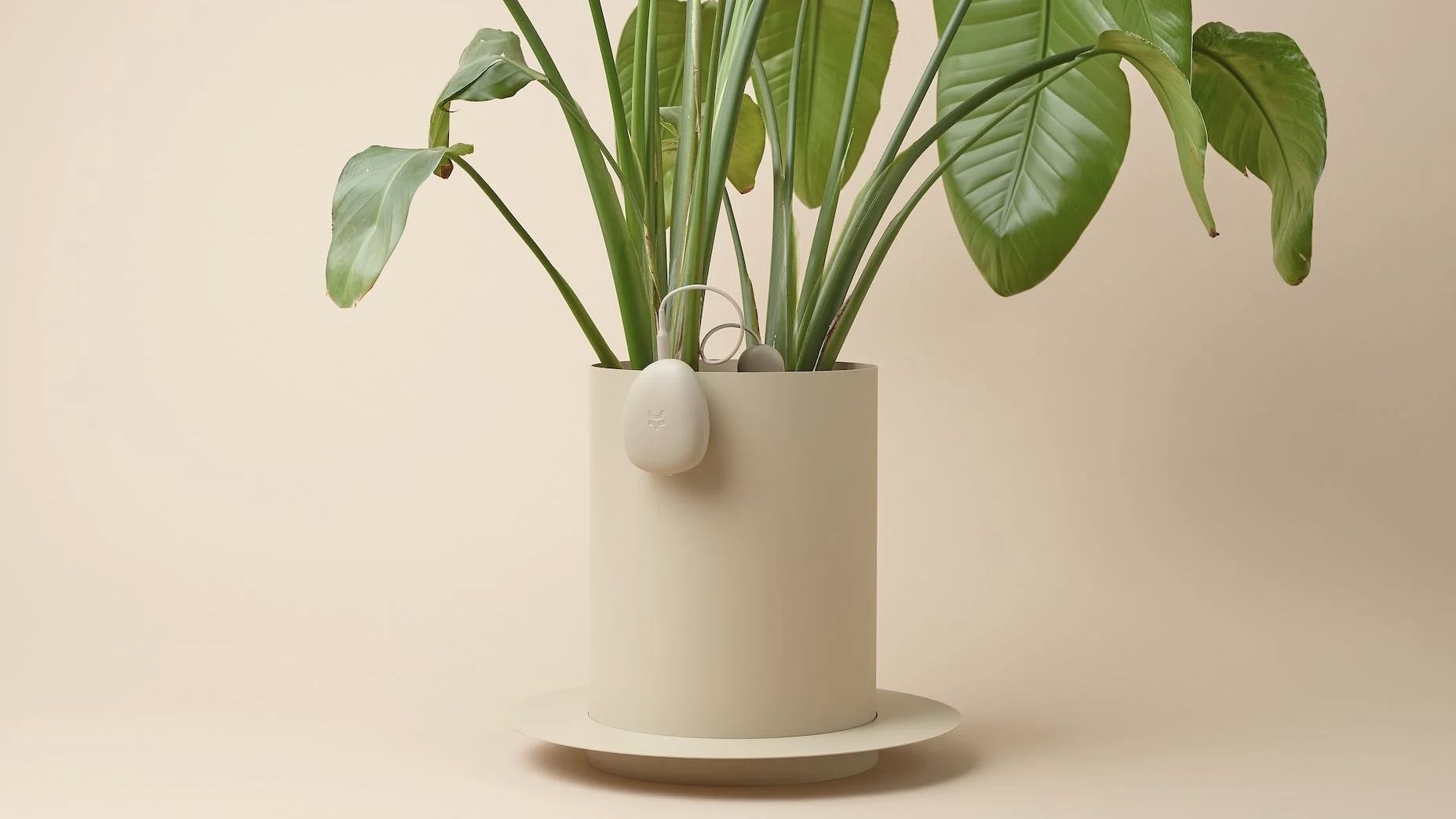 This smart home gadget can tell you when to water, feed and move your houseplants
This smart home gadget can tell you when to water, feed and move your houseplantsStress-free plant care? Yes please
By Lizzie Wilmot
-
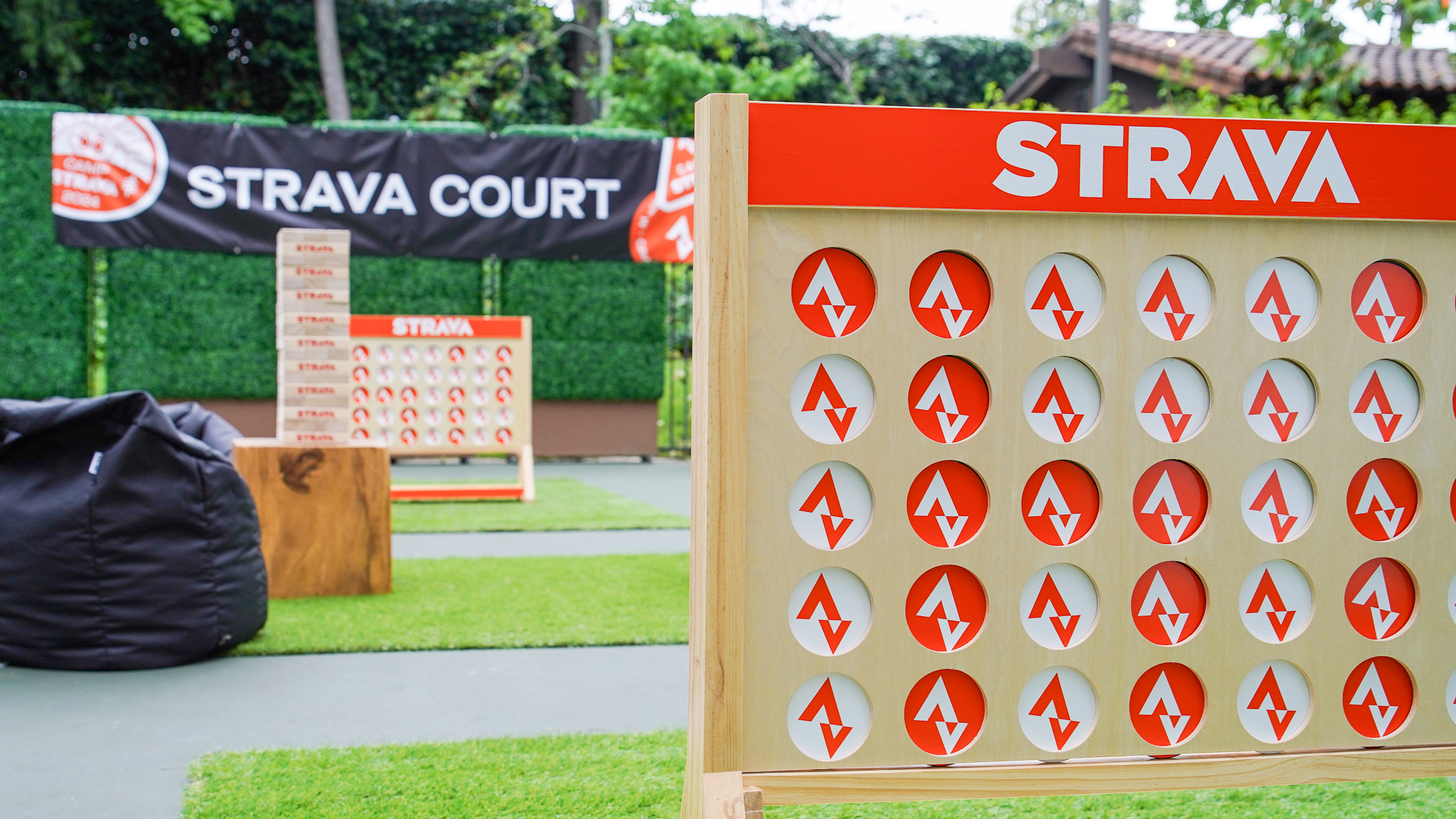 Strava just bought Runna and we got the inside story from both CEOs
Strava just bought Runna and we got the inside story from both CEOsNo, Runna isn’t going anywhere – and no, your subscription won’t get more expensive (for now)
By Matt Kollat
-
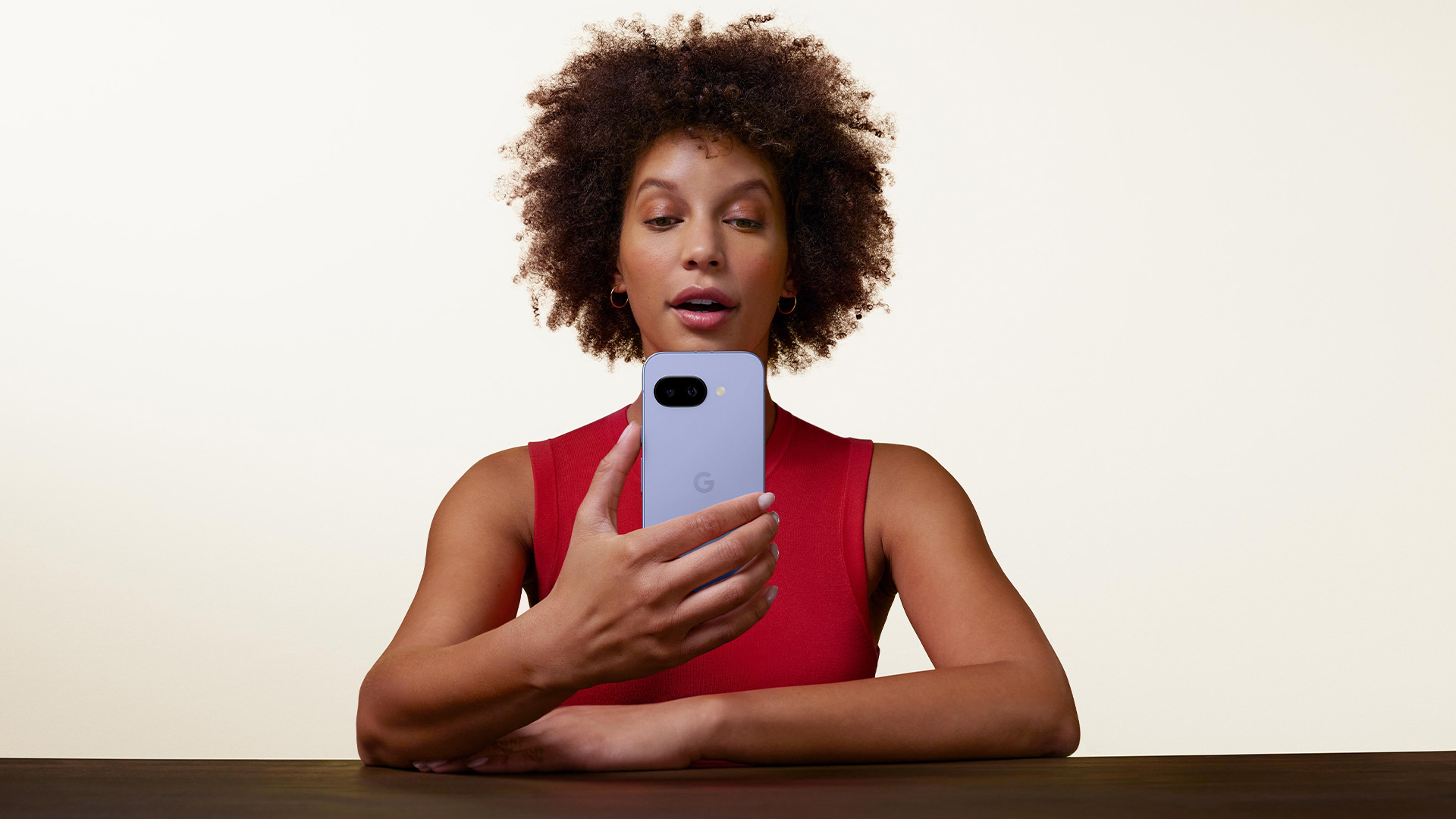 Google's Pixel 9a does one simple thing that could tempt me away from iPhones after a decade
Google's Pixel 9a does one simple thing that could tempt me away from iPhones after a decadeGoogle's played a blinder here
By Max Freeman-Mills
-
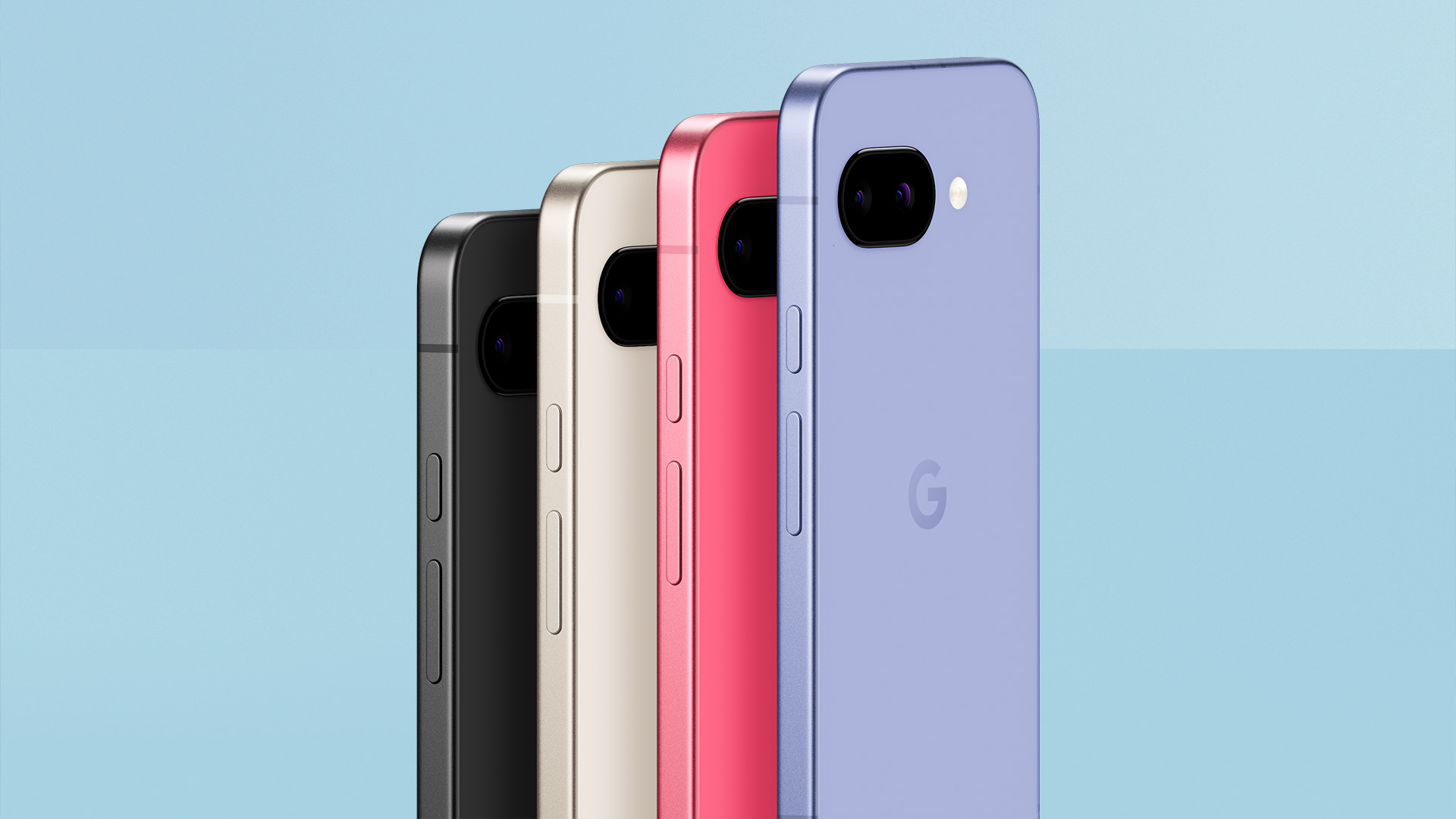 Google's new phone makes one huge, unexpected change
Google's new phone makes one huge, unexpected changeThe Pixel 9a is flat – that's big!
By Max Freeman-Mills
-
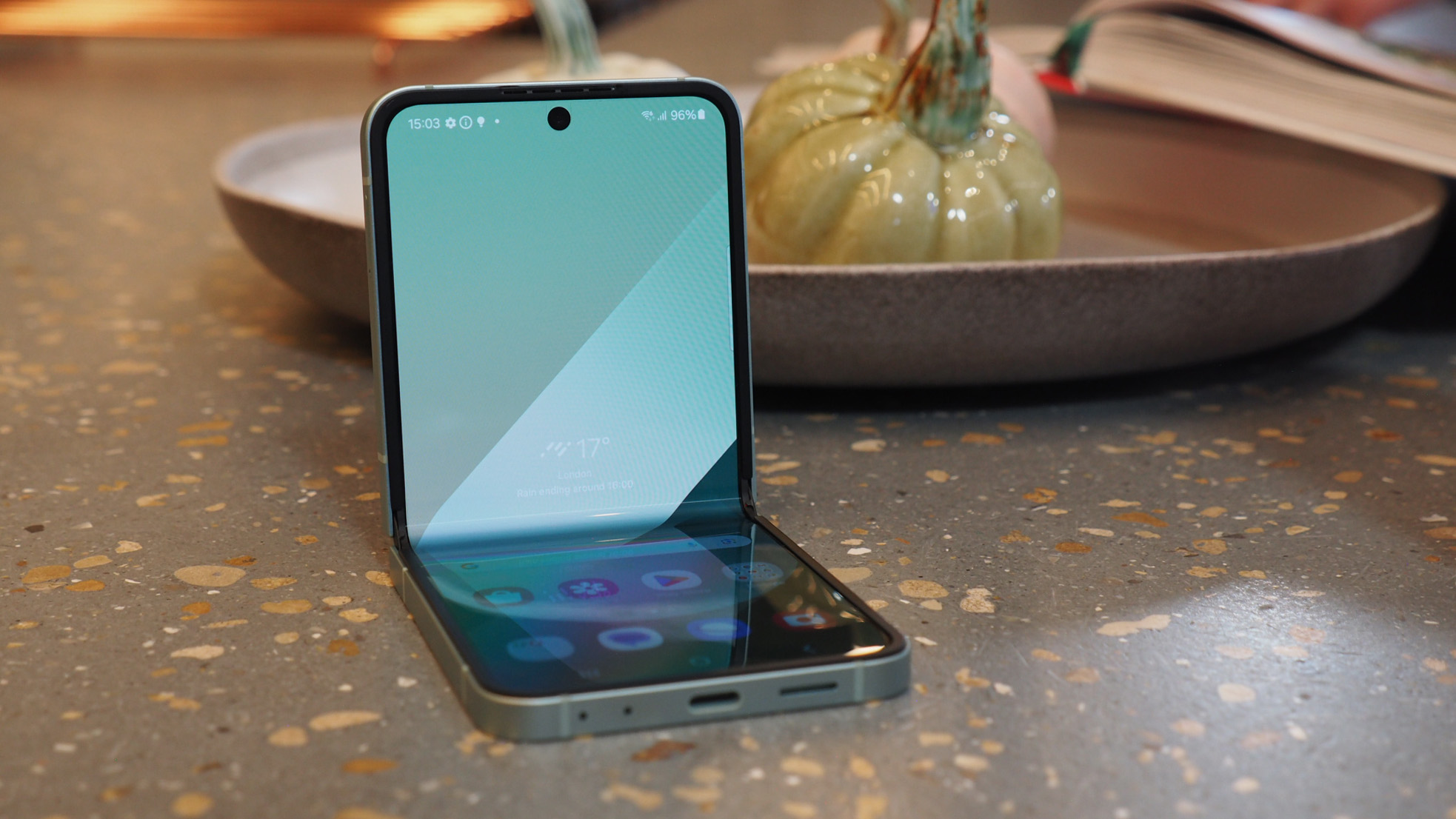 Samsung's foldables get Android 15 (One UI 7) at last, but there's a catch
Samsung's foldables get Android 15 (One UI 7) at last, but there's a catchYou might have to wait a bit longer for the full release
By Chris Hall
-
 I saw an AI feature that I'd actually use – and it's not what you might think
I saw an AI feature that I'd actually use – and it's not what you might thinkAI to help you detect other AI is a neat idea
By Max Freeman-Mills
-
 Honor suddenly adds Samsung-rivalling upgrade that'll last for years
Honor suddenly adds Samsung-rivalling upgrade that'll last for yearsIt's a big change, and a welcome one
By Max Freeman-Mills
-
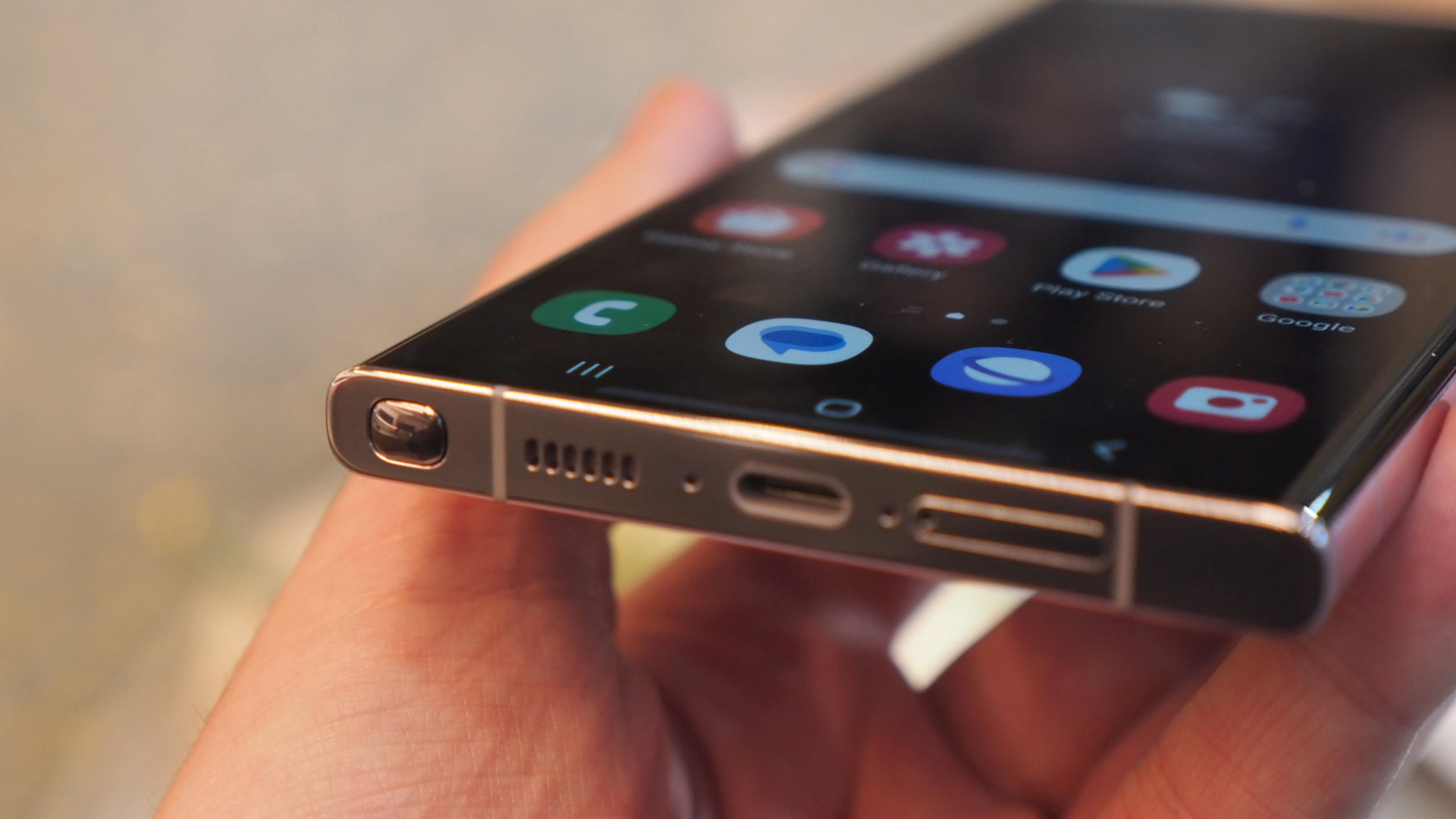 Your older Samsung phone could finally get Android 15 on these dates
Your older Samsung phone could finally get Android 15 on these datesYou could get a significant upgrade in the coming months
By Sam Cross
-
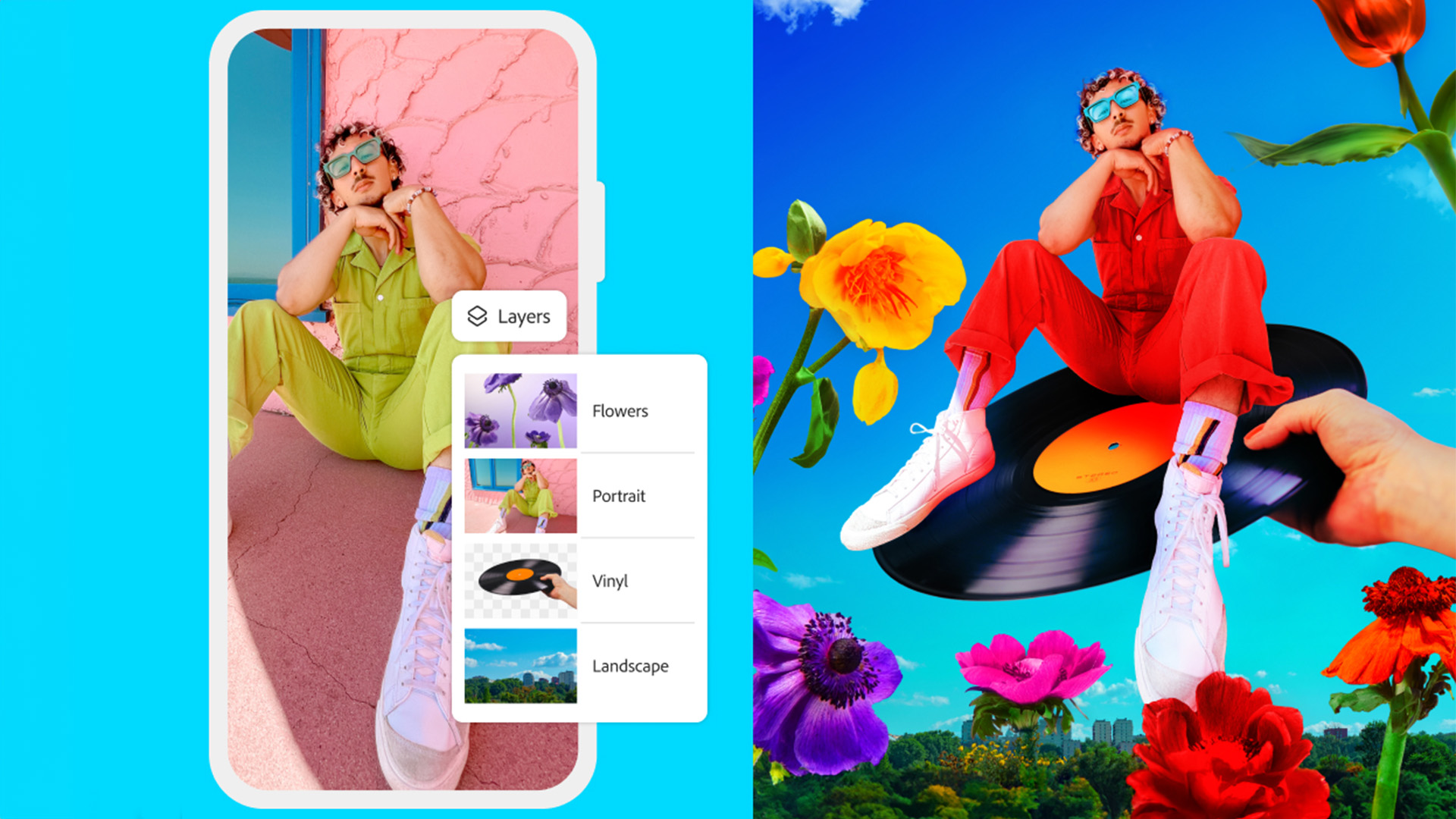 Photoshop's getting a surprise free upgrade on iPhone – and Android's next
Photoshop's getting a surprise free upgrade on iPhone – and Android's nextThe full experience is coming to mobile
By Max Freeman-Mills
-
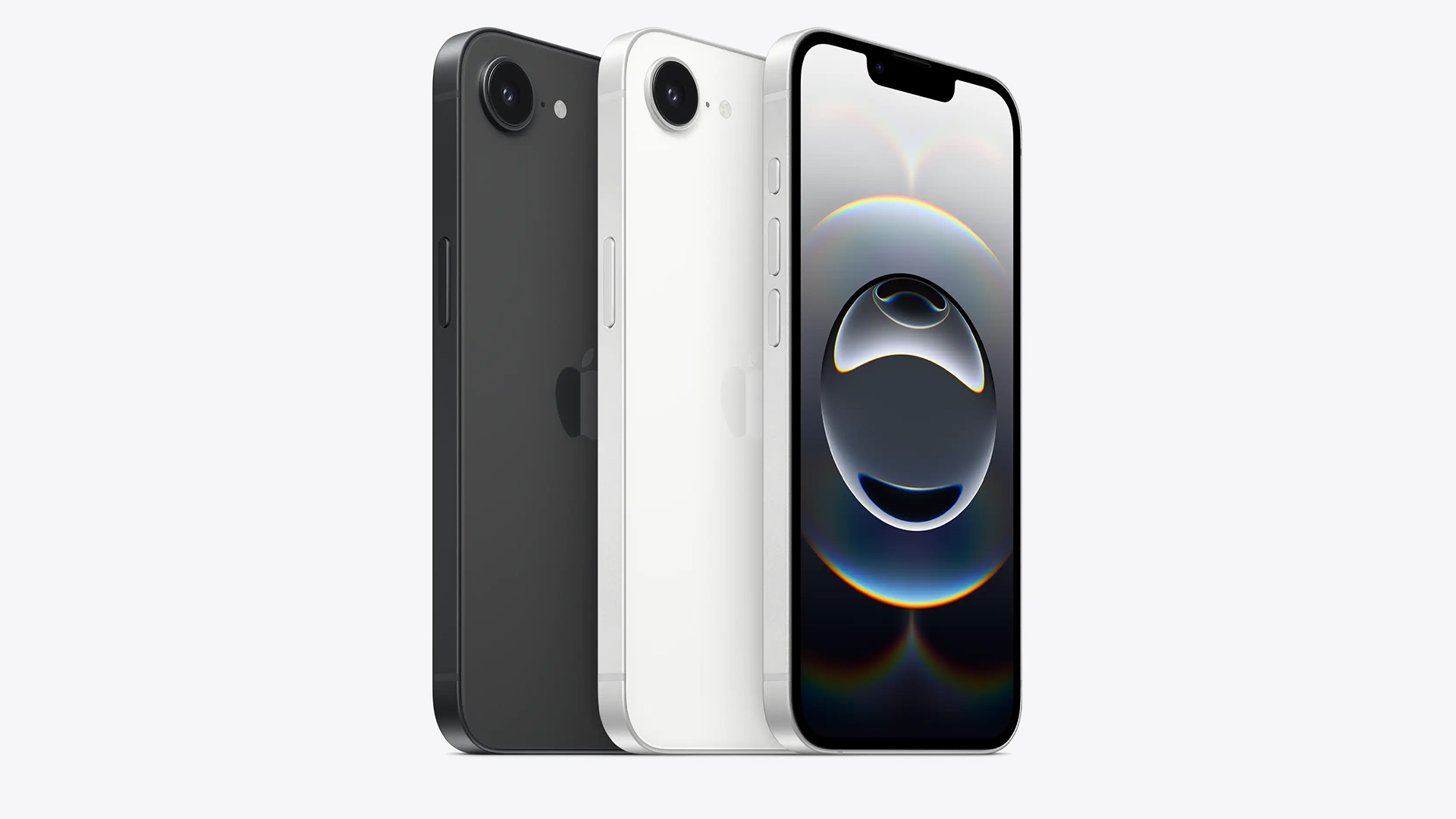 5 must-know iPhone 16e facts and how it compares to iPhone 16
5 must-know iPhone 16e facts and how it compares to iPhone 16Apple's newest iPhone is an interesting addition
By Max Freeman-Mills







